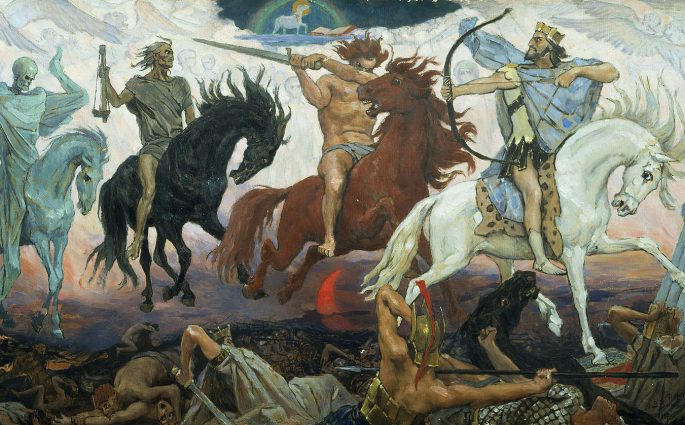Work, Time, and Finance-Dominated Capitalism
Kathryn Tanner— The Protestant ethic was the spirit of industrial capitalism in its Fordist varieties, where investments sunk in expensive equipment dedicated to the production of one thing meant mass production and mass consumption. That Protestant ethic was composed of a set of values in which hard work was a









